40 describe relevant labels related to intelligence testing
Intelligence Testing - an overview | ScienceDirect Topics Intelligence testing refers to the theory and practice of measuring people's performance on various diagnostic instruments (intelligence tests) as a tool for predicting future behavior and life prospects or as a tool for identifying interventions (e.g., educational programs). Intelligence Theories and Testing - 929 Words | Essay Example - Free Essays Introduction. Theories of intelligence. Triarchic theory of intelligence. Multiple intelligence theory. Effectiveness of intelligence testing. Conclusion. References. We will write a custom Essay on Intelligence Theories and Testing specifically for you. for only $16.05 $11/page.
The Importance Of Intelligence Testing | ipl.org - Internet Public Library Intelligence testing is a measure used to determine how much and individual knows based on everyday learning. A medical definition of an intelligence test is, it can be in the form of either a questionnaire or a series of exercises designed to measure intelligence (Medicinenet.com, 2018). Intelligence tests are reliable because they measure ...
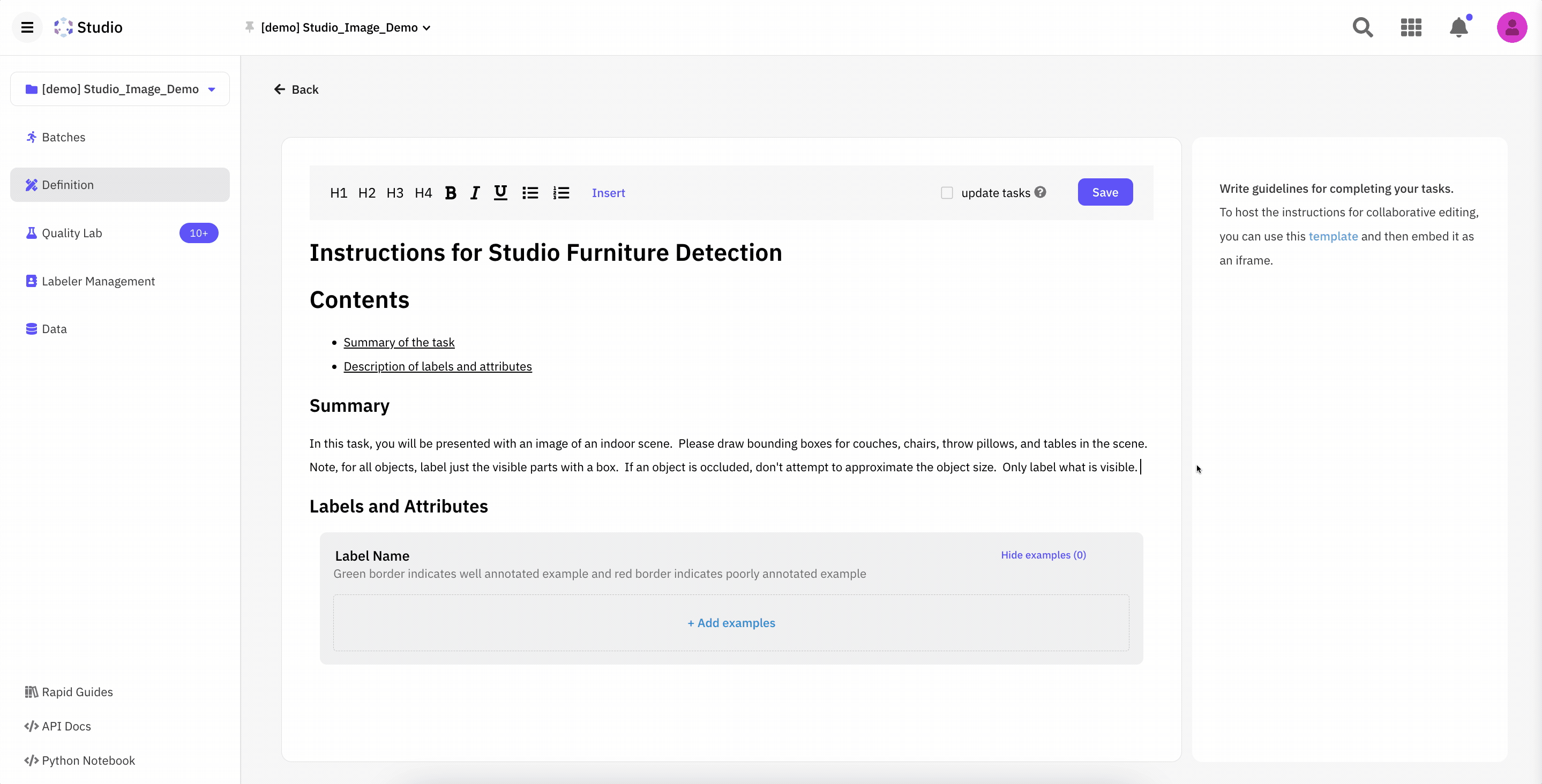
Describe relevant labels related to intelligence testing
Intelligence and Testing - Mr Dunn's Class Website • Interpret the meaning of scores in terms of the normal curve. • Describe relevant labels related to intelligence testing (e.g., gifted, cognitively disabled). • Debate the appropriate testing practices, particularly in relation to culture-fair test uses. • Identify key contributors in intelligence research and testing (e.g., Alfred Binet, Chapter 8: Testing and Individual Differences - Quizlet Application: Universities require students to take standardized intelligence tests that measure their general intelligence to determine if they are best fit and college-ready for the school that they are applying to. ... Describe the relevant labels related to intelligence testing. (gifted, cognitively disabled, etc.) Intelligence Testing: Definition & Examples | StudySmarter Two tests that are foundational to intelligence testing: the Binet-Simon Intelligence Scale and the Weschler Intelligence Scale An intelligence quotient (IQ) is a number that represents an individual's mental age in comparison to their actual age. IQ = (Mental Age / Actual Age) * 100
Describe relevant labels related to intelligence testing. Describe culture-loading and how it relates to intelligence testing. Forensic psychologists use intelligence testing to determine a defendants' competency levels. Despite the widespread use of intelligence testing, psychologists have identified many issues with intelligence tests. For this discussion, we will focus on the role that culture plays in measuring intelligence. Intelligent intelligence testing - American Psychological Association In the early 1980s, for example, Gardner attacked the idea that there was a single, immutable intelligence, instead suggesting that there were at least seven distinct intelligences: linguistic, logical-mathematical, musical, bodily-kinesthetic, spatial, interpersonal and intrapersonal. (He has since added existential and naturalist intelligences.) AP Psychology: Testing and Individual Differences - Quizlet intelligence test a method for assessing an individual's mental aptitudes and comparing them with those of others, using numerical scores. general intelligence (g) a general intelligence factor that, according to Spearman and others, underlies specific mental abilities and is therefore measured by every task on an intelligence test testing and intelligence - d. fry science - ¢â‚¬¢ describe relevant ... TESTING AND INDIVIDUAL DIFFERENCES AP Psychology CHAPTER LEARNING TARGETS: AP students in psychology should be able to do the following: • Define intelligence and…
Unit 8: Intelligence and Testing - MrGalusha.org ET 8-4 Intelligence Testing: Essential Task 8-4: Debate the appropriate testing practices, particularly in relation to the Stanford-Binet test, the WISC, the WAIS and culture-fair test uses. ET 8-5 Mental Retardation and Giftedness: Essential Task 8-5: Describe relevant labels related to intelligence testing (e.g., gifted, cognitively disabled ... Chapter 10 - AP Psychology - Google • Interpret the meaning of scores in terms of the normal curve. • Describe relevant labels related to intelligence testing (e.g., gifted, cognitively disabled). • Debate the appropriate testing... AP Psych | Unit 11 Interpret the meaning of scores in terms of the normal curve Describe relevant labels related to intelligence testing (e g , gifted, cognitively disabled) Debate the appropriate testing practices, particularly in relation to culture-fair test uses intelligence test | Definition, Types, History, & Facts | Britannica The test is scored in terms of intelligence quotient, or IQ, a concept first suggested by German psychologist William Stern and adopted by Lewis Terman in the Stanford-Binet Scale. The IQ was originally computed as the ratio of a person's mental age to his chronological (physical) age, multiplied by 100.
PDF Essential Tasks (ET) for AP Psychology for Units - Pasco School District 3.4: Describe the function and disorders related to key neurotransmitters (serotonin, dopamine, endorphins, acetylcholine, GABA, and norepinephrine.) 3.5: Describe the subdivisions and functions of the nervous system 3.6: Detail historic and contemporary research strategies and technologies that support research (case studies like Phineas Gage, Intelligent Testing | Psychology Today Intelligent testers also must have a healthy respect for what tests cannot do, such as measure two-thirds of Sternberg's triarchic theory of successful intelligence (i.e., practical intelligence ... Testing and Intelligence - Annenberg Learner Cognitive Tests: Tests that measure an individual's learning in a specific subject area and quantify aspects of one's mental abilities. Intelligence Quotient (IQ): Index derived from standardized tests of intelligence. Originally obtained by dividing an individual's mental age by his or her chronological age and then multiplying by 100; now directly computed as an IQ test score. Unit 5: Cognition - MrGalusha.org R. Describe relevant labels related to intelligence testing. S. Debate the appropriate testing practices, particularly in relation to culture-fair test uses. 5.11 Components of Language and Language Acquisition Concept Map for 5.11 Language Slides Secrets of the Wild Child Viewer's Guide
PDF Testing and Intelligence - D. Fry Science • Interpret the meaning of scores in terms of the normal curve. • Describe relevant labels related to intelligence testing (e.g., gifted, cognitively disabled). • Debate the appropriate testing practices, particularly in relation to culture- fair test uses.
Intelligence Testing: Definition & Examples | StudySmarter Two tests that are foundational to intelligence testing: the Binet-Simon Intelligence Scale and the Weschler Intelligence Scale An intelligence quotient (IQ) is a number that represents an individual's mental age in comparison to their actual age. IQ = (Mental Age / Actual Age) * 100
Chapter 8: Testing and Individual Differences - Quizlet Application: Universities require students to take standardized intelligence tests that measure their general intelligence to determine if they are best fit and college-ready for the school that they are applying to. ... Describe the relevant labels related to intelligence testing. (gifted, cognitively disabled, etc.)
Intelligence and Testing - Mr Dunn's Class Website • Interpret the meaning of scores in terms of the normal curve. • Describe relevant labels related to intelligence testing (e.g., gifted, cognitively disabled). • Debate the appropriate testing practices, particularly in relation to culture-fair test uses. • Identify key contributors in intelligence research and testing (e.g., Alfred Binet,






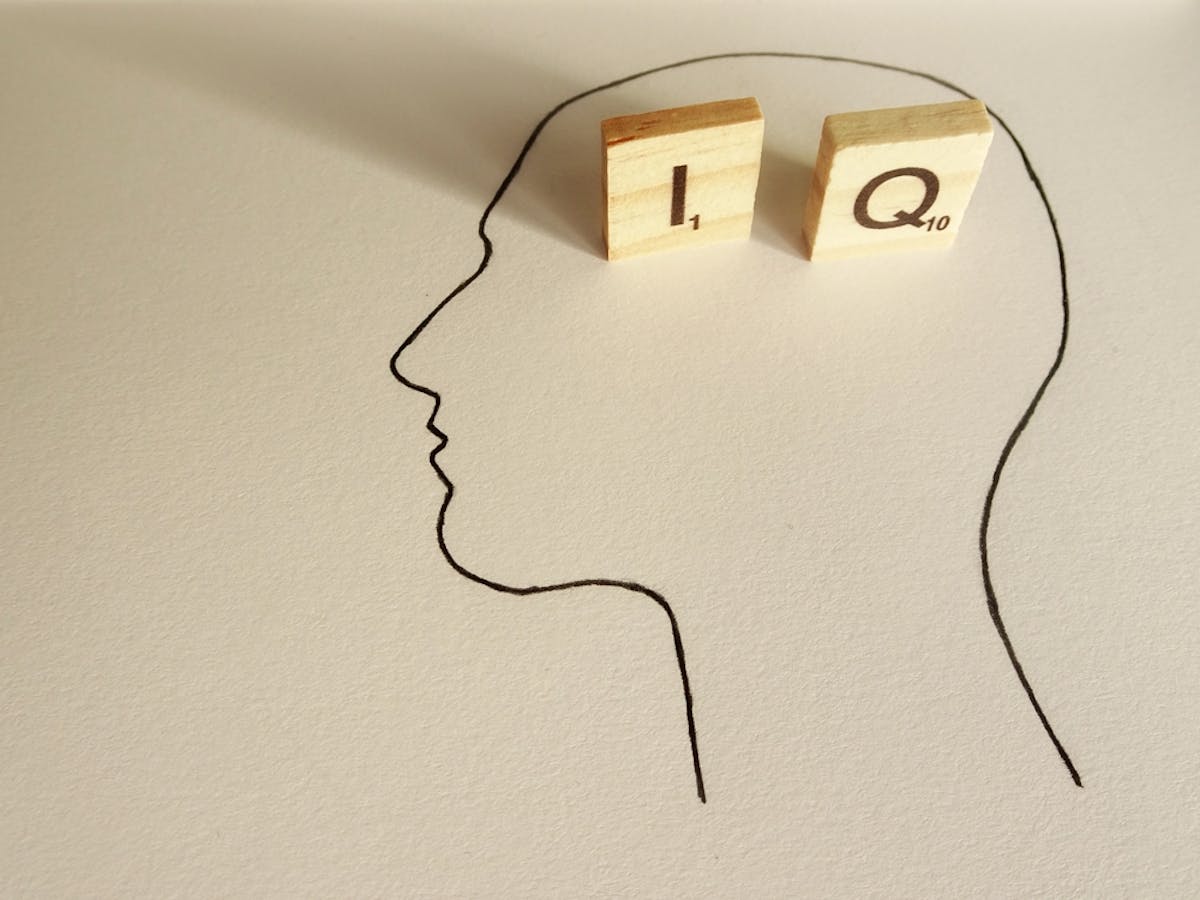




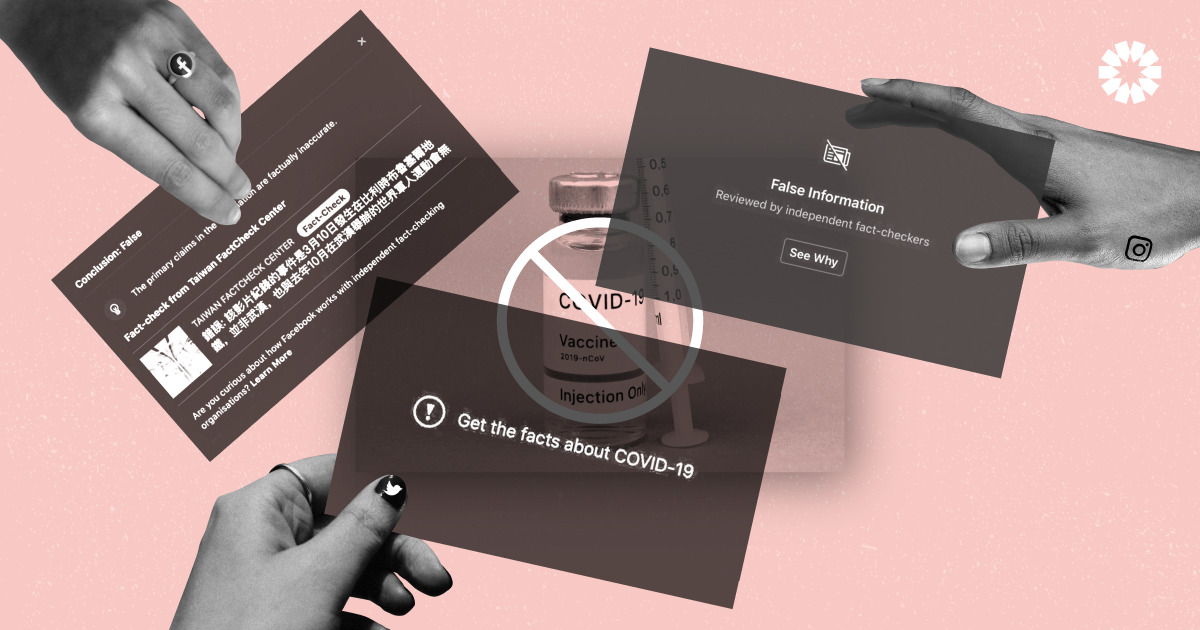





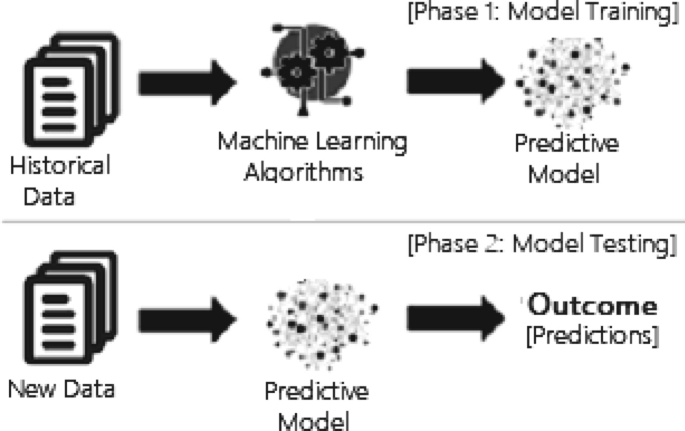


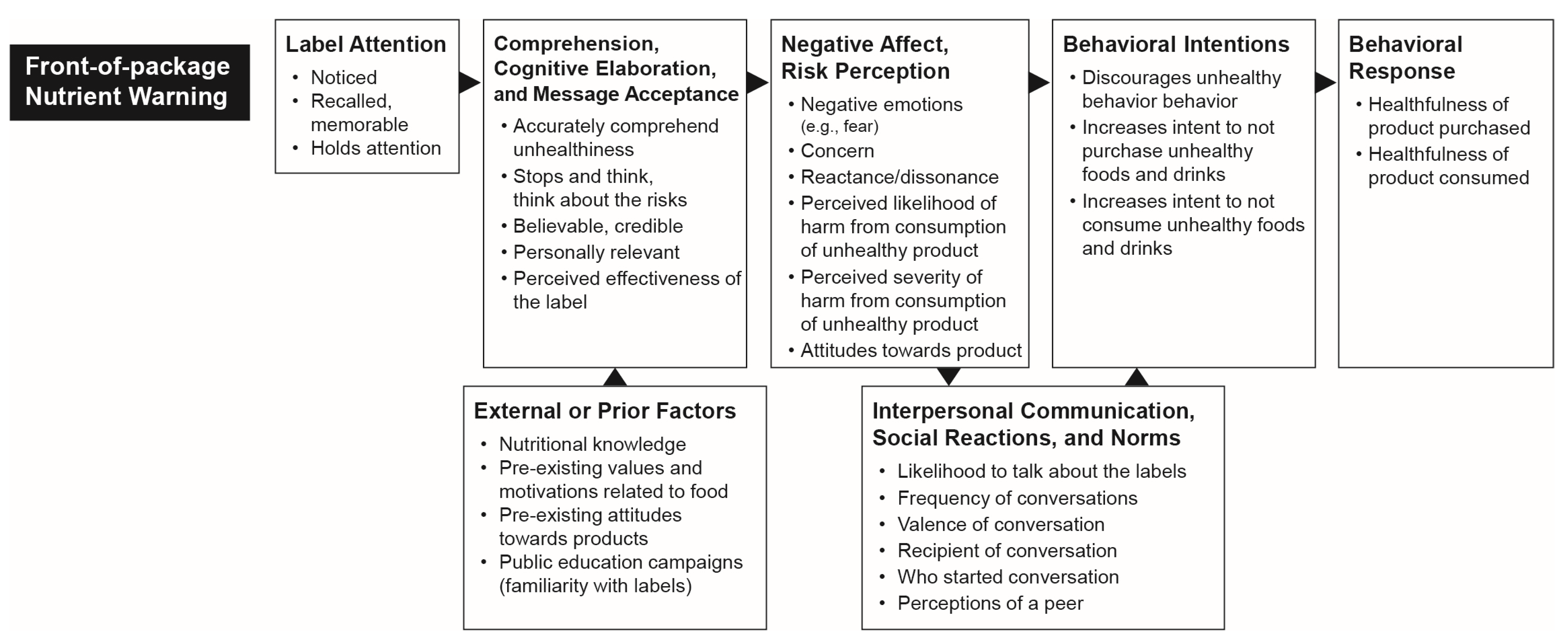
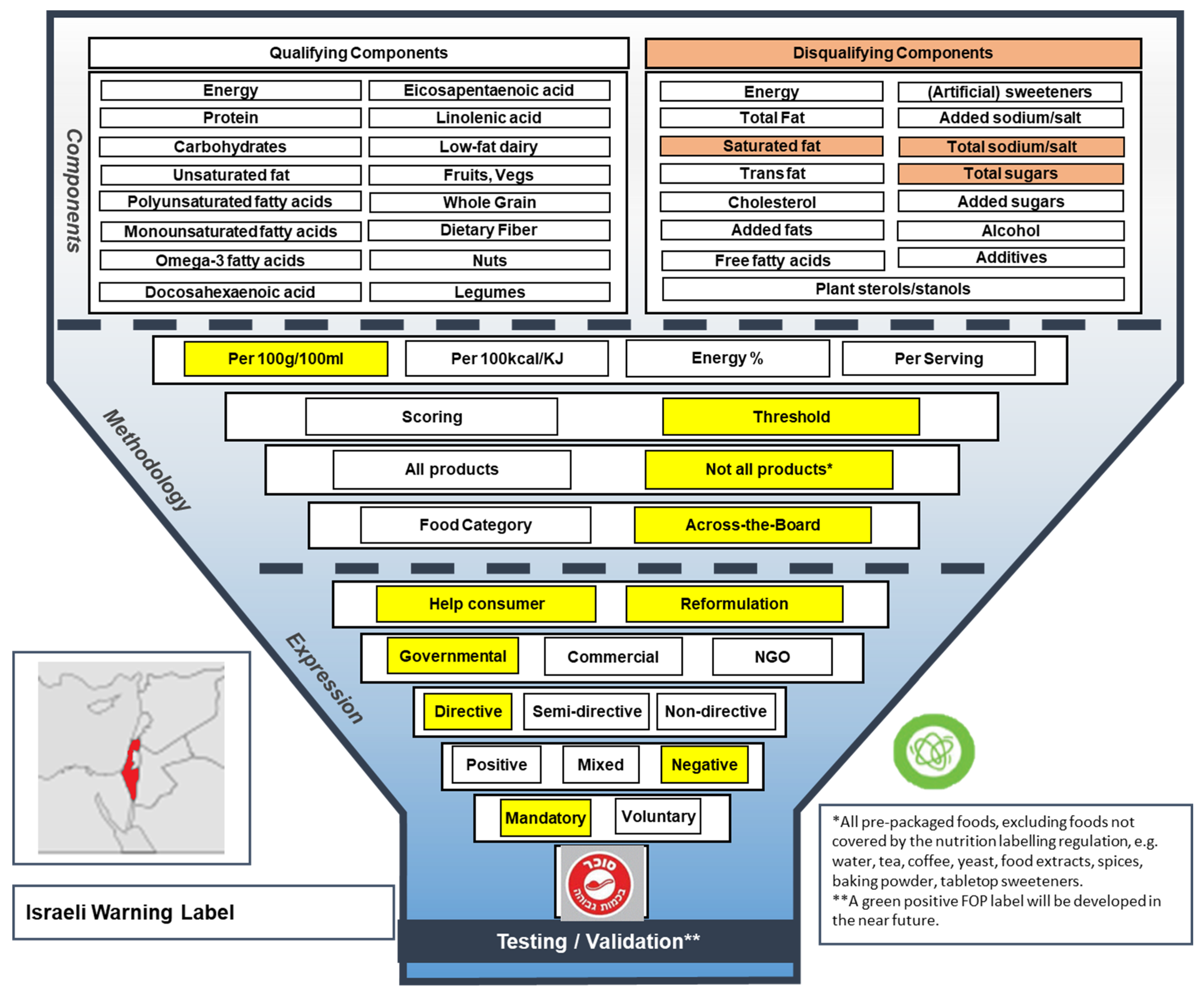

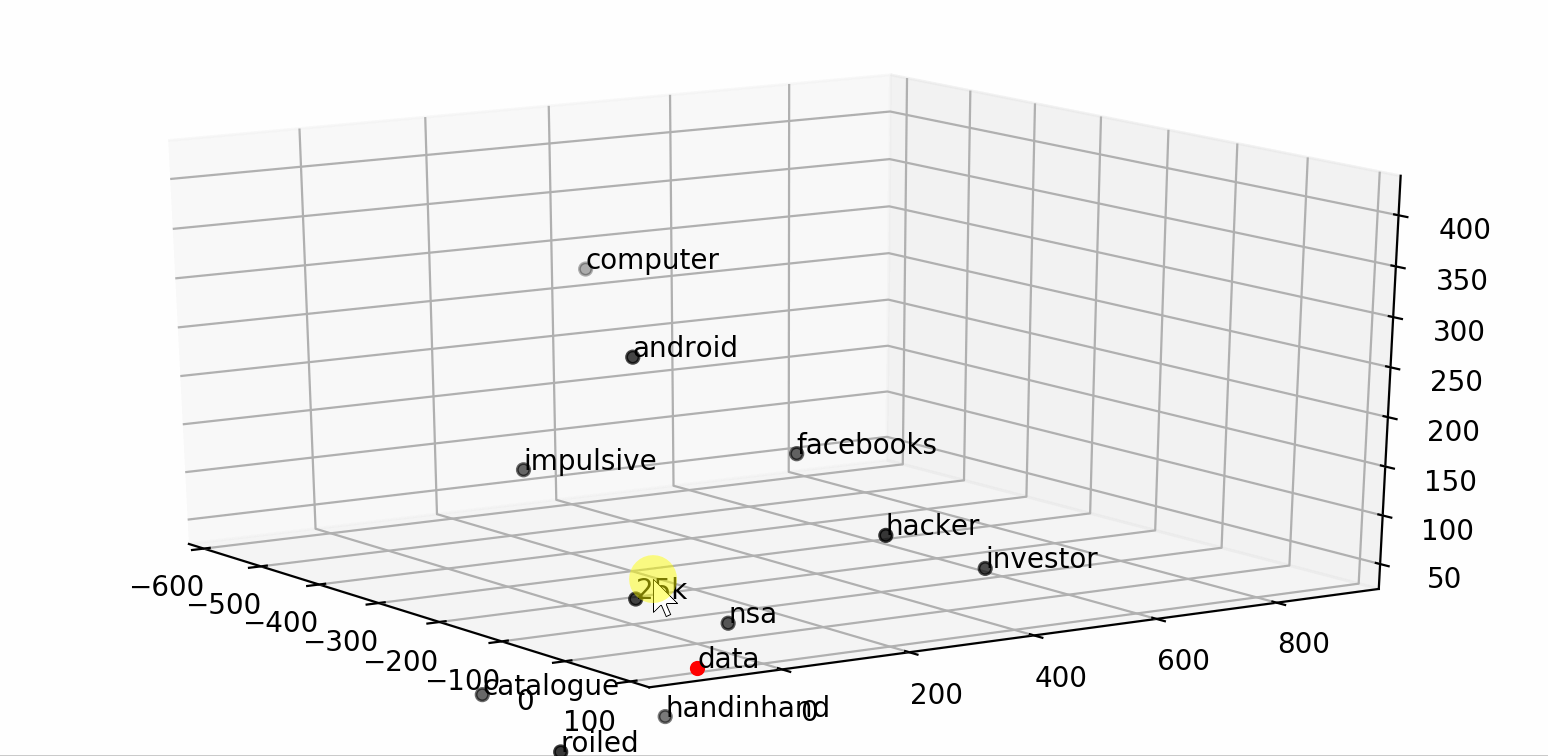
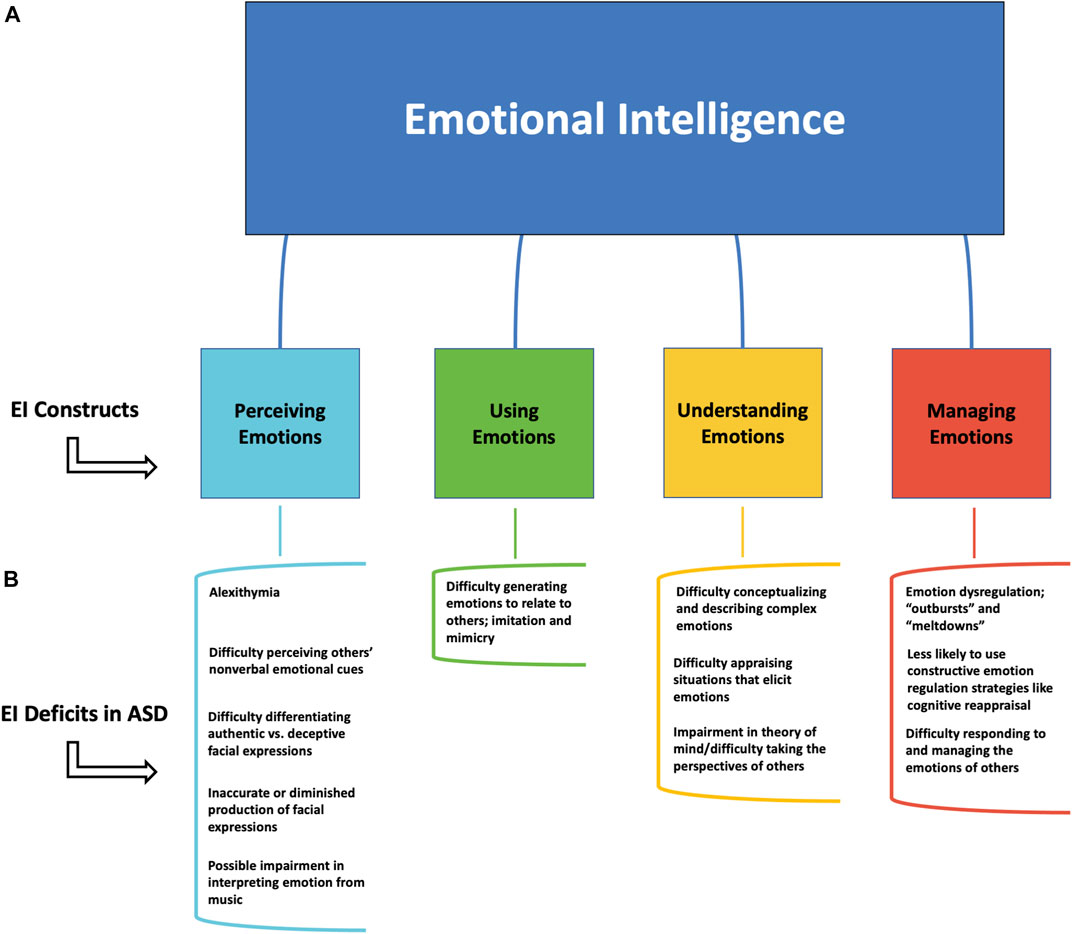


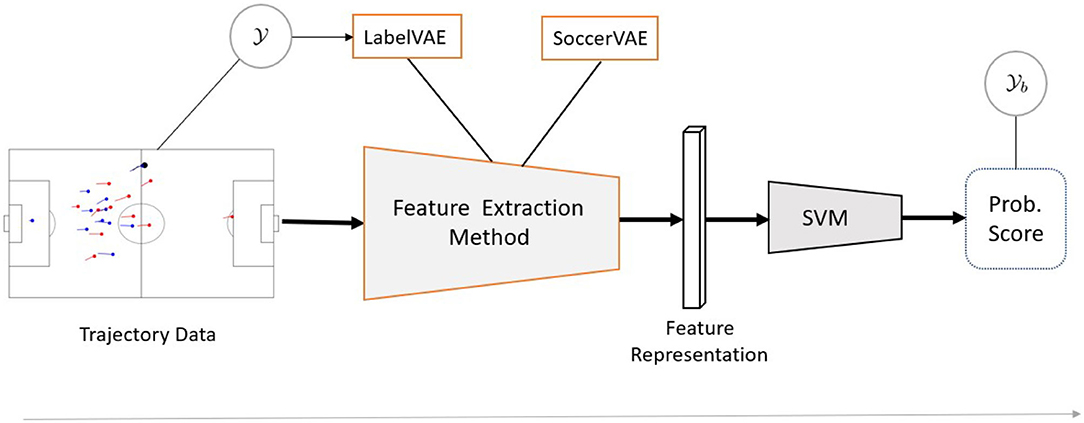





Post a Comment for "40 describe relevant labels related to intelligence testing"